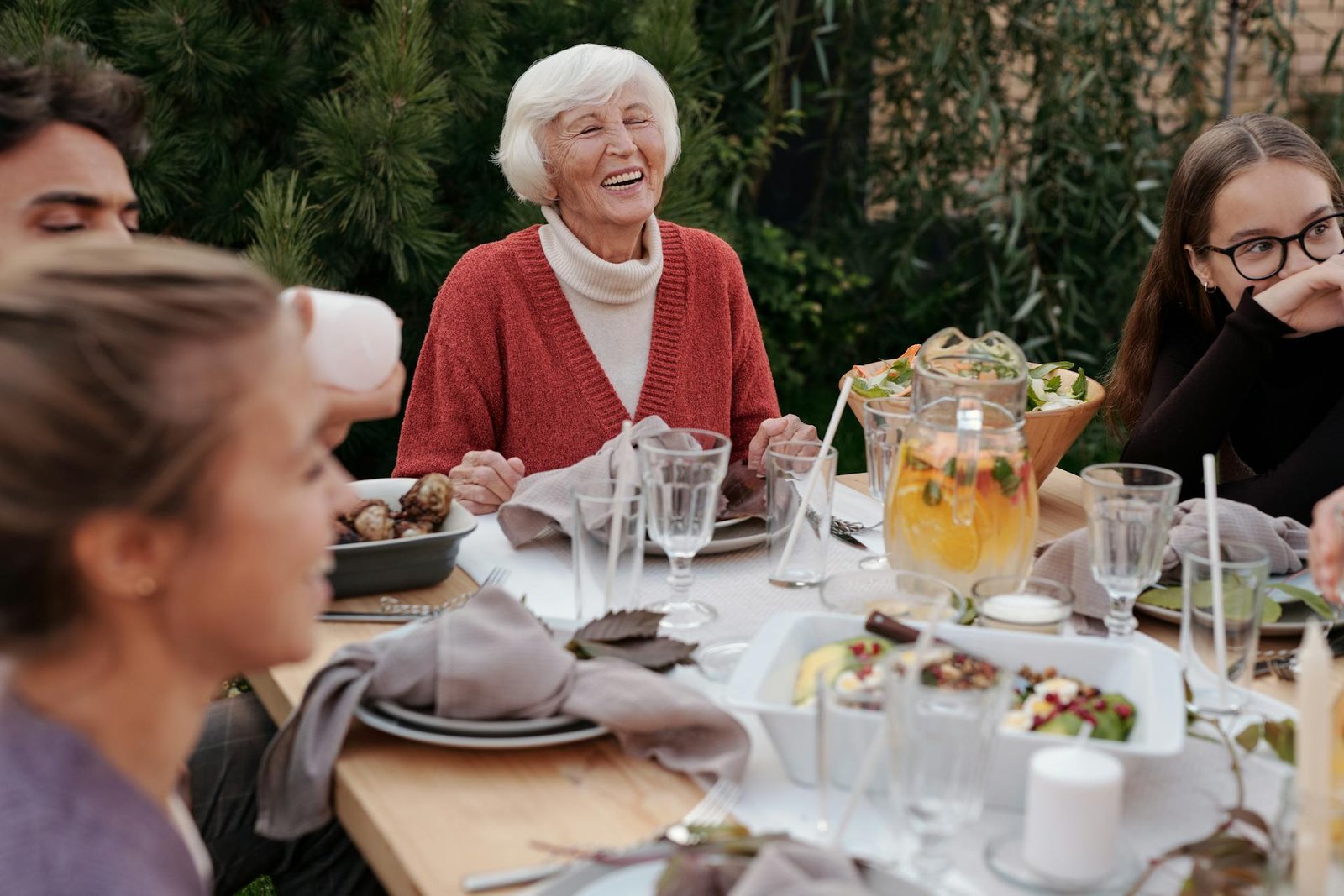Senior Well-being: The Power of Socialization

In the journey of aging, maintaining senior well-being goes beyond physical health; it encompasses social and cognitive aspects as well. Among the essential elements contributing to senior well-being, socialization, and mental stimulation stand out as potent factors. In this comprehensive exploration, we delve into the profound benefits of these activities for seniors and offer practical insights into how they can be integrated into daily life to promote a fulfilling and enriching experience in the golden years.
-
Cognitive Health (Approx. 100 words): Cognitive health is paramount for seniors, as it directly impacts daily functioning and quality of life. Engaging in intellectually stimulating activities such as puzzles, reading, or learning new skills fosters neural connections and cognitive agility. Studies have shown that seniors who regularly challenge their minds through such activities are less likely to experience cognitive decline or develop neurodegenerative conditions like dementia. By prioritizing mental stimulation, seniors can maintain cognitive function well into their later years and enjoy a sharper, more vibrant mind.
- Emotional Well-being (Approx. 100 words): Social interaction plays a crucial role in supporting the emotional well-being of seniors. Regular socialization provides companionship, support, and a sense of belonging, which are essential for combating feelings of loneliness, depression, and anxiety. Whether it’s spending time with family, connecting with friends, or participating in group activities, the emotional benefits of socialization are profound. Seniors who maintain strong social ties tend to report higher levels of happiness and life satisfaction, highlighting the positive impact of social engagement on emotional well-being in later life.
- Physical Health (Approx. 100 words): The mind-body connection is undeniable, and socialization and mental stimulation can significantly impact physical health outcomes for seniors. Engaging in social activities and intellectually stimulating pursuits can reduce stress levels, lower blood pressure, and boost immune function. Additionally, staying mentally active has been linked to a reduced risk of certain chronic conditions such as cardiovascular disease and diabetes. By prioritizing social and cognitive engagement, seniors can enhance their overall physical health and resilience against illness, leading to a more vibrant and active lifestyle.
- Sense of Purpose (Approx. 100 words): Maintaining a sense of purpose is vital for seniors as they navigate the transitions of aging. Participating in meaningful activities that align with their interests, values, and strengths fosters a sense of fulfillment and identity. Whether it’s volunteering, pursuing hobbies, or sharing wisdom and experience with others, having a sense of purpose enriches the retirement experience. Seniors who feel a sense of purpose tend to have higher levels of motivation, resilience, and life satisfaction, leading to a more fulfilling and purposeful life.
- Prevention of Social Isolation (Approx. 100 words): Social isolation is a prevalent issue among seniors and can have detrimental effects on health and well-being. Actively seeking out social opportunities and maintaining connections with others is essential for preventing social isolation. Whether it’s joining community groups, attending social events, or participating in online forums, seniors can combat loneliness and build a strong support network. By prioritizing social engagement and staying connected to their communities, seniors can reduce the risk of social isolation and its associated health risks, leading to a happier and more fulfilling retirement.
- Continued Learning (Approx. 100 words): Learning is a lifelong process, and seniors can benefit greatly from engaging in intellectually stimulating activities. Whether it’s attending classes, pursuing hobbies, or exploring new interests, continued learning fosters curiosity, creativity, and personal growth. Seniors who embrace lifelong learning tend to have higher levels of cognitive function, greater self-confidence, and a more positive outlook on life. By prioritizing mental stimulation and staying intellectually engaged, seniors can enrich their lives and continue to thrive in their later years.

In conclusion, socialization and mental stimulation are essential components of senior well-being, offering profound benefits for cognitive, emotional, and physical health. By prioritizing these activities and integrating them into daily life, seniors can enjoy a more fulfilling, vibrant, and enriching experience in their golden years.





